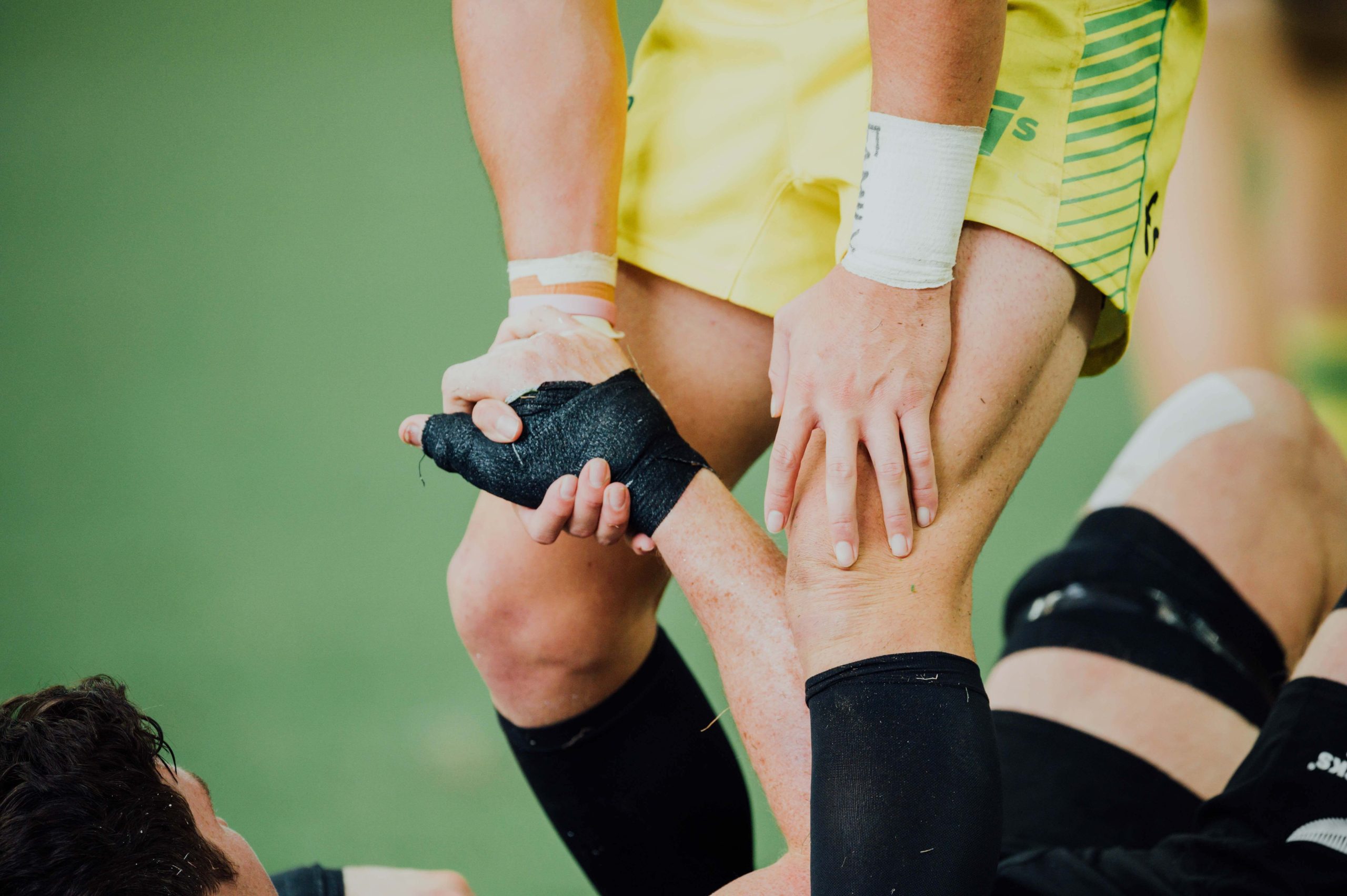The meniscus plays an important role in movement that most of us probably take for granted. Without the help of these pieces of cartilage, it’ll be difficult to have much success in any sport. Unfortunately, meniscus tears are an incredibly common injury among athletes, both professional and recreational. In the past, a torn meniscus was treated by removing the meniscus, but is this really the most effective treatment? Is it possible that this increases a patient’s risk of developing Osteoarthritis? Keep reading to find out what research shows torn meniscus repair.
What is a Meniscus Tear?
Your menisci are two c-shaped pieces of cartilage that sit between your tibia and femur. The purpose of this cartilage is to cushion your shin bone and thigh bone from any stress caused by body weight during activities, whether they’re regular activities or sports activities. During strenuous movement when the knee is forcefully rotated or twisted, especially while carrying your full body weight, one of the menisci may develop a tear. The most common movement leading to a meniscus tear is twisting of the upper leg while the foot is planted and the knee is bent.
What is Osteoarthritis?
Osteoarthritis is considered the most common form of arthritis and is a condition known to affect millions of people globally. This is a condition that develops when protective cartilage found at the ends of the bones degenerates over time. Cartilage is a tissue found between joints that enables allows joints to move without friction. When this breaks down, there is less tissue to protect your bones from rubbing against each other, but if the cartilage reaches that level of degeneration, that’s exactly what will happen.
However, when we talk about Osteoarthritis, this isn’t just about this cartilage degeneration. This also refers to potential changes in the bones and deterioration of the connective tissues that hold the affected joint together and attach your muscle to your bone as a result of cartilage degeneration. This condition may even cause inflammation of the joint lining, causing further pain and discomfort. Osteoarthritis can develop in any joint but it most commonly develops in the hands, knees, hips, and spine.
The Argument for Torn Meniscus Repair
First, let’s discuss what meniscectomy is. This procedure is the removal of all or part of a torn or damaged meniscus. However, we now know that when all or even just part of the meniscus is removed, a patient’s risk of arthritis increases significantly.
The meniscus stops the thigh bone and shin bones from rubbing against each other during movement. Removal of this cushion leads to increased wear and tear on these bones, and increased issues in the knee.
In fact, studies going as far back as 1998 found that “surgical removal of a meniscus following knee injury represents a significant risk factor for Osteoarthritis.” In addition to this, a 2018 study found that patients had about 25-50% lower risk of developing knee osteoarthritis when they underwent meniscus repair as opposed to meniscectomy.
The evidence clearly shows us that removal of the meniscus simply isn’t what’s best for patients. There are better ways to treat a torn meniscus that won’t increase patient risk of developing Osteoarthritis, and we’ll discuss some of these procedures in the following section.
Meniscus Repair Options at CSMW
Previously, doctors believed that the most effective way to treat a torn meniscus was to remove it completely, but using orthobiologics and minimally invasive procedures, we can now repair a torn meniscus rather than remove it. The following are some of the procedures that we provide for torn meniscus repair at the Center for Sports Medicine and Wellness.
Tenex Tenotomy
Tenex Tenotomy uses minimally invasive technology to eliminate chronic tendon pain by specifically targeting and removing damaged tissue. This removes the patient’s source of pain while helping stimulate a renewed healing response. Studies have proven that when Tenex is used to treat tendonitis, patients exhibit an increase in overall functionality and a significant decrease in pain.
Bone Marrow Concentrate
Bone Marrow Concentrate (BMC) is an orthobiologic method made by collecting bone marrow aspirate from the patient. This method is particularly beneficial for orthopedic medicine because of bone marrow’s high content of blood and stem cells. Some of these stem cells can be used to create new tissue such as bone, cartilage, fat, and blood vessels, making them very helpful in treating injuries.
Alpha 2 Macroglobulin Injection (A2M)
Alpha 2 Macroglobulin injection is a therapy made up of concentrated platelets derived from a patient’s own blood. The desired result of A2M is the functional repair of an injured tendon, muscle, or joint cartilage, allowing it to bear greater mechanical stress during activity without pain.
Autologous Stem Cell Injection (ASCI)
Autologous Stem Cell Injection utilizes a patient’s own bone marrow of fat, both of which are rich sources of stem cells. Preliminary work shows level 2 and 3 evidence that it is as safe as other injection-based treatments and in numerous retrospective and prospective case series shows excellent clinical outcomes and objective healing of multiple musculoskeletal tissues.
Meniscus Repair at the Center for Sports Medicine and Wellness in Glen Mills, Pennsylvania
At the Center for Sports Medicine and Wellness, we pride ourselves on being authorities in non-operative treatment of orthopedic conditions, sports medicine, and minimally invasive treatments. We understand how important it is for our patients to get back into the game of life, whether they’re athletes who want to get back to sports, someone getting back to their active lifestyle, or someone just trying to get back to work.
Whatever your reason for seeking treatment, we understand that minimal downtime and maximum mobility, once you’ve fully healed, is the goal. That’s why we provide the most advanced but least invasive treatment options.
If you’d like to learn more about our services or contact us to schedule a consultation, please call our office in Glen Mills, Pennsylvania, at (610) 459-4200 or fill out our form. We welcome your inquiry and we look forward to helping you find relief from your pain!

